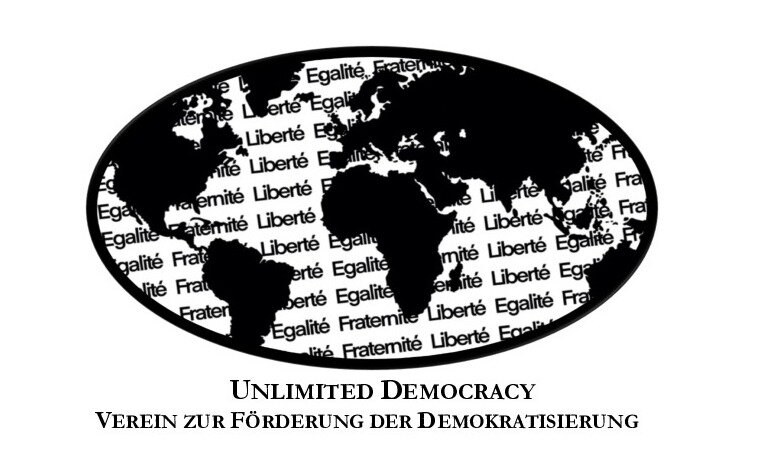The article describes how Alexander Lukashenko won the first presidential election in 1994 at the expense of his populist promises, emphasizing the benefits of a democratic system and a free market economy. The first president of Belarus very soon after the inauguration showed a tendency to an authoritarian model, which was a consequence of his mental state. At the very beginning of his rule, Lukashenko initiated several effective steps to destroy the independence of key state institutions.
For many years, the Belarusian regime has been a typical authoritarian system, meaning a monopoly on governing the country for Lukashenko and his circle. The end of this balanced authoritarian system began in the spring of 2020, with growing dissatisfaction with the regime among the majority of Belarusian society caused by the government's disregard for the threat of the COVID-19 epidemic, election fraud and brutal repression of Protestants. Fearing the loss of power, Lukashenko relied even more on the power institutions, whose loyalty is now the main factor guaranteeing his continued retention as president. In Belarus, a "militia state" is being formed, which, having lost the support of the majority of the population, now relies primarily on brute force, widespread control and persecution of critics of the regime.
